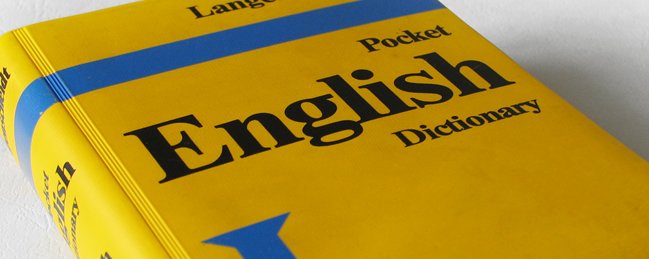
De esta manera, el post de esta semana del profesor Ronan O’Donnell está destinado a que sigáis mejorando vuestro nivel de inglés aprendiendo un poo más sobre la vida y las aportaciones a la lengua inglesa de este magnífico escritor.
William Shakespeare (terrible haircut, great playwright) was a creator and innovator who coined many of the words and phrases that we use today. He played with language much as someone who is learning a new language does so you shouldn’t feel that his work is inaccessible to you. Most of his working life as a writer was spent in London and he lived for a time in Southwark before moving to the more central Bishopsgate area of the city.
His style and use of language have contributed to the development of the English language as we use it today with as many as 2000 of today’s words and expressions being attributed to him: lonely, moonbeam, lacklustre, “with bated breath” (Merchant of Venice) and “a foregone conclusion” (Othello) and “Method in his madness” (Hamlet)
Check out this clip to hear about some more words and phrases that Shakespeare is credited with inventing.
From Shakespeare to Spain
Los vicios de los hombres quedan grabados en bronce, sus virtudes se escriben en el agua
‘Men’s evil manners live in brass; their virtues we write in water.’
If you would like to see one of Shakespeare’s plays or you would like to know a little more about one of the defining moments in English history take yourself along to the Globe Theatre on Tuesday 29th or Wednesday 30th May to see a Spanish adaptation of Shakespeare’s Henry VIII. Henry VIII tells the story of Henry’s divorce from Katherine of Aragon and his ensuing conflict with the Catholic Church. It is performed by Rakata, a young theatre company from Madrid.
An early performance of the play at the Globe theatre in 1613 saw a canon shot signalling the entrance of the King set the original thatched roof on fire destroying the entire theatre so it promises to be an entertaining night.
This production is part of the Globe to Globe World Shakespeare Festival 2012 – a multi-lingual celebration of Shakespeare’s plays beginning on 21 April (Shakespeare’s birthday). Each of Shakespeare’s plays will be presented in a different language with tickets starting at just £5. That is 37 plays in 37 different languages.
If you haven’t been to the Globe theatre, now is the time. The theatre is a reproduction of Shakespeare’s 16th century theatre and is built only 200 yards from the original site. It is a splendid replica of an Elizabethan theatre with plays performed in the open air so come prepared for the London weather.
Shakespeare and Cervantes
Did you know that World Book Day commemorates the anniversary of William Shakespeare and Miguel De Cervantes death? Do you know of any other similarities between these two great literary figures?
If you have any other interesting facts or comments about this please let us know.






2 comentarios
Jajajaja estos vídeos son geniales xD y la sección también eh!
Tiene que estar muy bien ver el Globe Theatre, recuerdo haberlo pensado cuando el capítulo de The Shakespeare Code de Doctor Who, que salía un escenario emulándolo.
Gracias Txema!!
La verdad es que este festival pinta muy bien. Aquí os dejamos un link con una noticia de BBC News:
http://www.bbc.co.uk/news/entertainment-arts-12241244